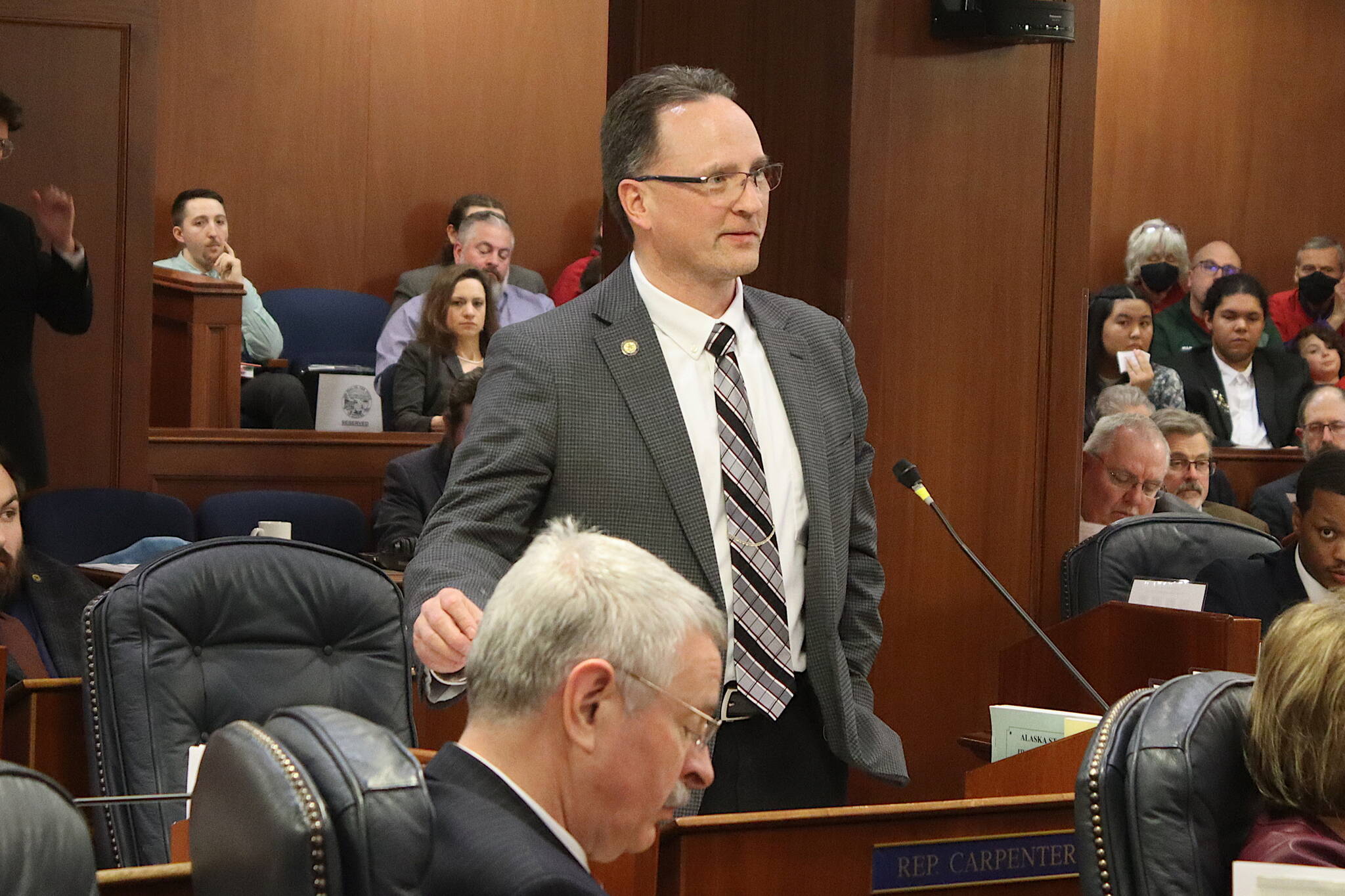We face some of the highest energy costs in the nation. There are a lot of reasons why but one of those reasons should not be because of elected officials in Juneau. The need to “Do Something” in an election year is fast-tracking proposals that may not be both cost effective and reliable. In fact, those, may not even be the goals of some Legislators.
It is time for the legislature to stop doubling down on the failed policies of the past that led us here because Alaskan businesses and families deserve better. Past leadership failures shuttered the Agrium plant, resulted in canceling the Susitna-Wattana hydroelectric project and drove Cook Inlet producers and resource developers out of the state taking their high paying jobs, tax base, and investment capital with them.
It is unlikely that these businesses will ever come back to the state thanks to Alaska’s ever increasing bureaucratic and often dysfunctional business climate and can we really blame them? Why would they come back to serve Alaska’s small and expensive market? The numbers do not work. Instead of creating regulatory certainty that would allow local businesses to flourish and produce high paying local jobs by responsibly developing Alaska’s natural resources we are facing an imminent future where oil and gas may be imported into our state even as we sit on an abundance of coal and have access to some of the most plentiful oil and gas reserves in the world.
Faced with this reality, legislators are busy pitching their pet projects with solutions that include everything from forcing Alaskans to subsidize transmission projects that they may not ever use; to renewable portfolio mandates requiring the purchase of specific percentages of renewable energy; and community solar legislation that could force utilities to subsidize privately owned renewable projects for solar and wind. This may lead to worthwhile projects but none of these projects should be financed by Alaskans in the form of higher energy bills.
Ignoring the fact that solar and wind are in addition to, not a replacement for, base loaded power such as hydro, geothermal, gas, coal and nuclear, some argue that wind and solar are the solution to avoiding importing gas and that it is also the cheapest power. However, those same people also argue that without subsidies and renewable mandates to potentially produce and purchase renewable energy that no one will invest in these projects. Which is it? Are renewables the cheapest source of energy or does it only work if we exempt them from taxes and force utilities to buy solar, produced in the summer when it is least needed, because it can’t be both. The legislature should not be picking and choosing winners in the energy market. If these projects cannot compete in the market on price and reliability without demands from legislators to create subsidies and quotas, then I have a hard time buying into the current argument that these are the cheapest solutions to the state’s energy issues.
Ben Carpenter, representative for House District 8, is chairman of the Ways & Means Committee and Legislative Budget & Audit. Contact Rep.Ben.Carpenter@akleg.gov, 907-465-3779 or visit https://bencarpenterpost.com/.

